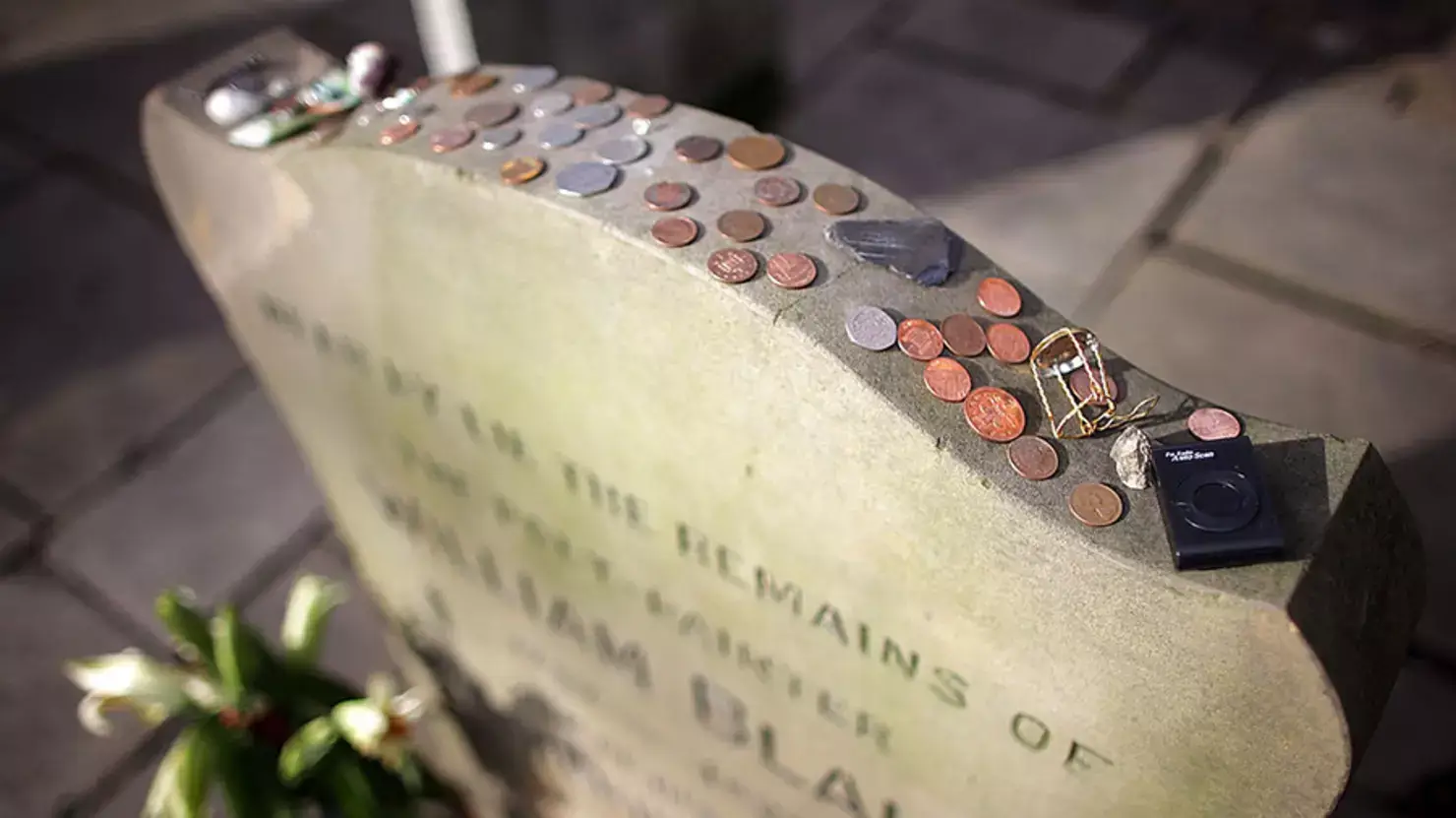If you’ve ever walked through a cemetery and noticed coins resting on gravestones, you’re witnessing a tradition filled with emotion, history, and deep respect. These small metal tokens aren’t just loose change—they’re powerful symbols of remembrance and honor, particularly for those who served in the military.
What Do Coins on Gravestones Represent?
Leaving coins at a grave site has become a quiet yet meaningful way to pay tribute to veterans and fallen soldiers. Each coin holds a specific meaning, signifying the visitor’s relationship with the deceased and offering a silent message of remembrance and gratitude. It’s a subtle gesture that speaks volumes, especially to families who visit the grave of a loved one who served their country.
Penny: A Symbol of Respect
When someone leaves a penny on a gravestone, it simply means they visited. While modest in value, the act signifies a heartfelt gesture of respect, silently saying, “You are not forgotten.” This practice offers a way for strangers and loved ones alike to acknowledge a veteran’s sacrifice.
Nickel: Shared Training Experience
A nickel carries a deeper message. It indicates that the visitor trained in boot camp with the deceased. The shared journey through military preparation builds a brotherhood or sisterhood that lasts long after service ends. Leaving a nickel is a way to honor that bond and the memories forged in those intense early days of service.
Dime: Served Together
Finding a dime on a gravestone means the person who left it actually served with the deceased in the military. This coin reflects a strong personal connection, often tied to deployment or missions shared in war zones. The dime becomes a tribute to the shared sacrifices made in service of the country.
Quarter: Witness to the Final Moment
The most significant coin is the quarter. It reveals that the visitor was present when the soldier died. This act of remembrance acknowledges not only friendship but the deeply emotional impact of witnessing a comrade’s final moments. It’s a powerful message of sorrow, presence, and lifelong remembrance.
Why This Tradition Matters to Military Families
For grieving families, seeing coins on a loved one’s gravestone offers incredible comfort. These coins are a visible reminder that their son, daughter, parent, or spouse is still remembered and honored by those they served with, or by others who appreciate their sacrifice. In a world where memorials can often feel forgotten, this tradition helps keep memories alive.
The Emotional Weight of Military Traditions
This coin tradition isn’t just about honoring service—it also reflects how military life forges unbreakable bonds. From basic training to battlefield camaraderie, these coins offer a tangible connection between past and present, between the living and those who’ve passed on. It’s also a reminder that our actions, even small ones like leaving a coin, can have deep emotional meaning.
A Living Tradition That Continues to Inspire
When you next walk past a gravestone with a coin resting gently on its surface, know that you’re looking at more than metal. You’re seeing a message—of friendship, respect, shared sacrifice, and deep military honor. Like saluting the flag or observing a moment of silence, this tradition honors those who gave their all.
Symbols of Patriotism Exist Everywhere
From pennies on gravestones to the way we display or retire our American flags, patriotic traditions often carry layers of meaning. Even something as unexpected as an elephant statue at a front door holds cultural significance. These small customs help us stay connected to our past and reflect on the values we hold dear.
Final Thought
Coins left on military gravestones may be small, but their message is mighty. They symbolize loyalty, gratitude, and eternal remembrance for those who gave their lives in service. The next time you see one, pause to reflect on the sacrifice it represents—and perhaps leave one of your own.
